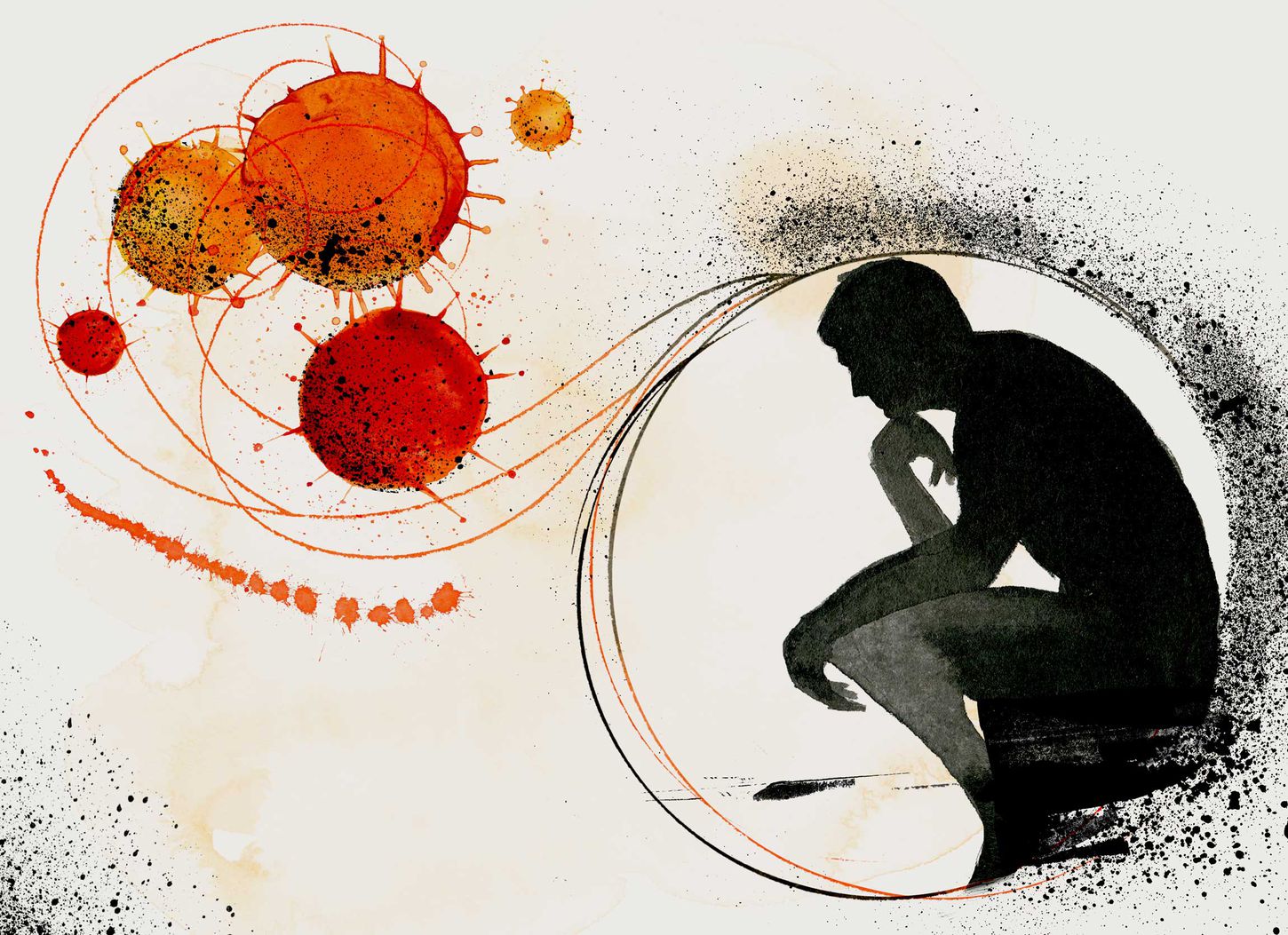What is a lockdown?
It is a policy that prevents individuals or communities from staying in place, usually because they can travel and communicate freely to pose specific risks to themselves or others. The term “stay at home” or “place of accommodation” is often used to denote isolation that affects a region rather than a specific place. The phrase gets used in prison agreements, which generally prohibit any person, information or property from leaving the territory. It can usually only get started by people with authority.
Why is it used?
The lockdown gets used to protect individuals in facilities. In buildings, doors leading to the street are usually locked to prevent anyone from entering or exiting. It means that they must stay where all are, cannot enter or leave the building or the rooms in it, and if they are not there, they must move to the most proximate designated secure place.
The first lockdown was carried out in Wuhan in January 2020 as a precautionary measure during COVID19.
What has lockdown taught us in the times of Covid 19?
- By 2020, some people’s homes may already be pit-stop, a place where you can sleep for a few hours, finish your meal, and go back to work. Now it has become a retreat and haven. Families now spend time collectively socialize, and enjoy each other’s thoughts and opinions.
- Thousands of people are suffering (especially in the poorest countries), and the homeless do not understand why the city roads are almost empty. Now we can remember how fortunate people are to have an apartment, clean water, electricity and up-to-date technology.
- Exercise has swiftly become a “light task”. People know that strengthening the immune system and lungs is essential. Now that everybody knows what food we eat and how we behave, this determines how effective our immune system is in solving most problems before medical mediation. People are also discovering to use the dynamism of technology to exercise in a small space without using gyms or costly equipment inside four walls.
- Some people get well-trained breaks at work, but more importantly, Nature celebrates and enjoy the interval from humans. When people were all waiting at home, forests, rivers, oceans, and various wild animals enjoyed the tranquillity that people urgently needed. Mother Earth is breathing and blossoming again.
One of the most important things that this restart brings is the value of the people we love—family, friends, and people in our local and broader communities. This new appreciation for the people in our lives will improve all our relationships.




